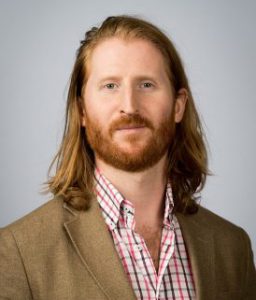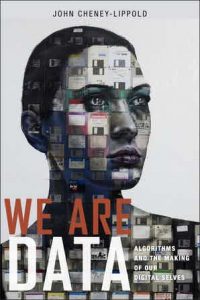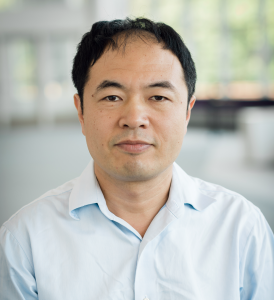
The Institute for Policy, Ethics, and Culture’s Algorithmic Culture series continues with “Algorithms, Accidents, and the Imposition of a World of Calculation,” a keynote lecture from John Cheney-Lippold, on Monday, Nov. 18, at 7 p.m. in EERC 0103. A Q&A will follow.
Cheney-Lippold is an associate professor of american culture and digital studies at the University of Michigan. He is the author of We Are Data: Algorithms and the Making of our Digital Selves (NYU Press, 2017).
Algorithms are everywhere, organizing the near limitless data that exists in our world. Derived from our every search, like, click, and purchase, algorithms determine the news we get, the ads we see, the information accessible to us and even who our friends are. These complex configurations not only form knowledge and social relationships in the digital and physical world, but also determine who we are and who we can be, both on and offline.

The explosive, sometimes accidental transformations performed by statistics and algorithms alter our world to produce “someone else,” no longer the beings we thought we were. To demonstrate how statistics and algorithms are fundamentally transformative, Cheney-Lippold explores the use of statistics to invalidate the signature of a multimillion-dollar will and to objectify racial categories in the case of People vs. Collins. He also examines the accidental algorithmics that led to the lethal collision of a Tesla autonomous vehicle. This lecture reorients many of the pressing questions of contemporary culture of algorithmic bias, ethics, and ideas of justice.
The Algorithmic Culture series will conclude in December with a presentation from Meredith Broussard entitled “Artificial UnIntelligence.” Broussard’s lecture will be held Thursday, Dec. 5 at 7 p.m. in the Memorial Union Building, Ballroom B.
The mission of the Institute for Policy, Ethics, and Culture is to promote research, policy engagement, and teaching that address the ethical and cultural challenges, implications, and strategies unique to the emerging technocultural environment. Its goals are to promote innovative research and collaboration on policy, ethics, and culture; contribute to policy making in Michigan and beyond; and provide students with tools to work proactively in the emerging environment.
